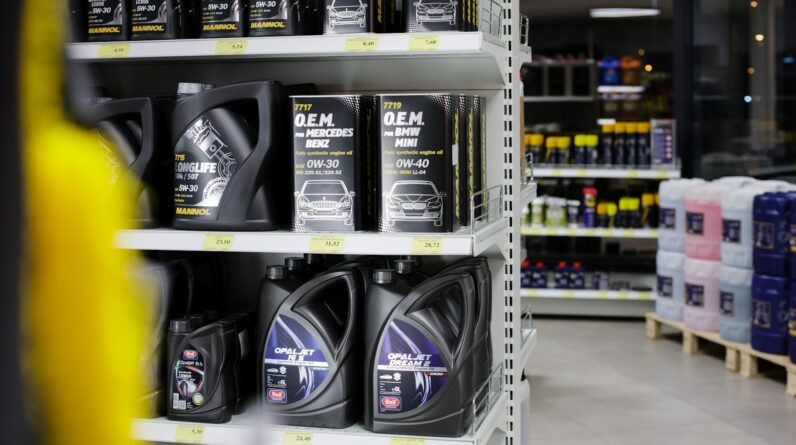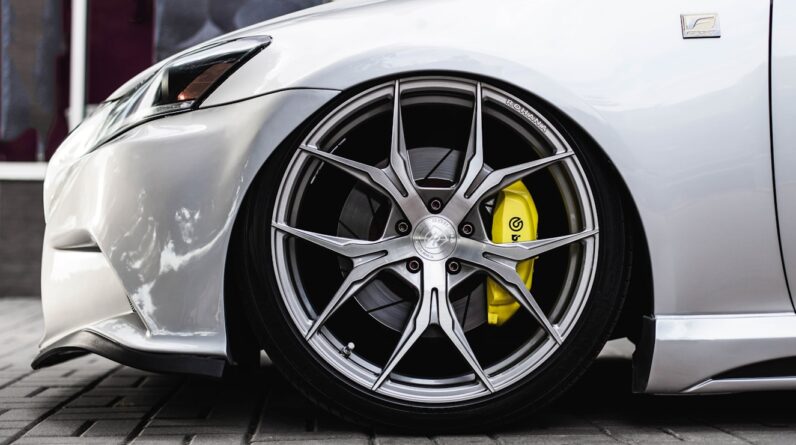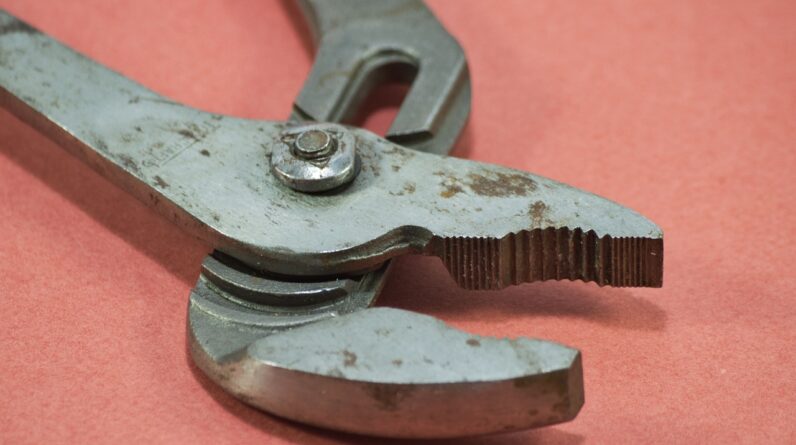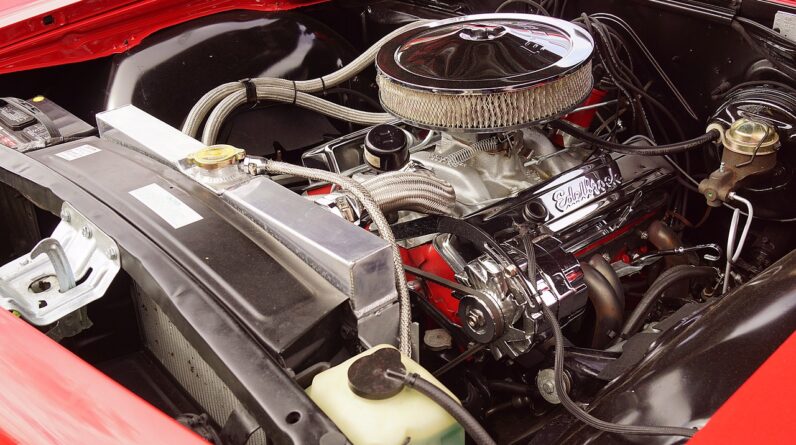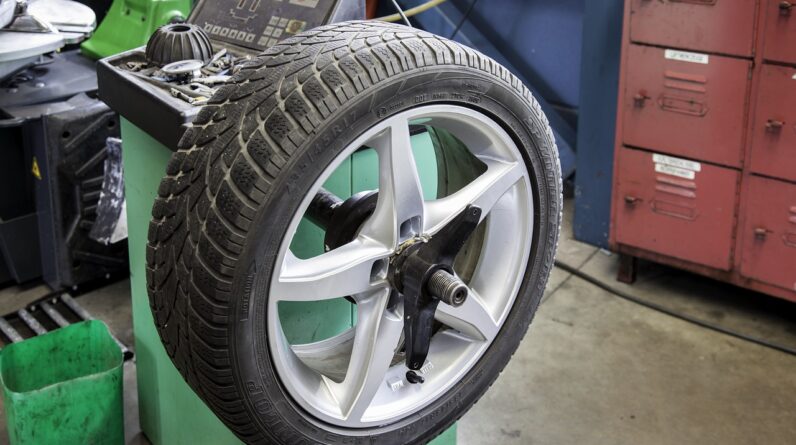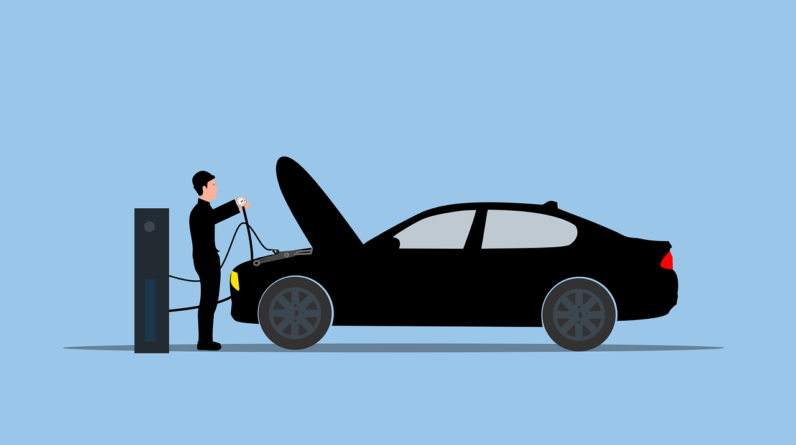
Discover how Simple Car Maintenance Routines can save you money and enhance safety. Learn essential daily, weekly, and seasonal checks to keep your car in top shape. 🚗🔧 #CarCare
Have you ever wondered how much you could save by taking care of your car regularly? It’s not just about saving money; it’s also about ensuring safety and reliability. Many of us rely heavily on our vehicles, whether for commuting, errands, or long trips, so keeping them in good condition is essential. What’s more, regular maintenance can prevent more serious, and often more costly, problems down the road.
Why Regular Maintenance Is Crucial
Keeping your car in good shape can make a significant difference not only in its performance but also in its longevity. Regular maintenance helps in identifying issues before they become significant problems, ensuring that you get the best possible performance and longevity from your vehicle.
Economic Benefits
Maintaining your car can actually save you money in the long run. Small, routine tasks are generally less expensive than major repairs that could result from negligence. For instance, changing the oil regularly can prevent engine issues that might cost thousands of dollars to repair.
Safety
A well-maintained vehicle is a safer vehicle. Regular checks allow you to catch issues that could potentially lead to accidents, such as brake failures or tire blowouts. Knowing your car is in optimal condition gives you peace of mind whenever you are driving.
Daily Checks
Believe it or not, simple daily checks can go a long way in maintaining your vehicle. These are effortless and can be done in just a few minutes, but they help in keeping your car in top condition.
Tire Pressure
One of the most critical daily checks is tire pressure. Properly inflated tires ensure better fuel efficiency and safer driving conditions. Underinflated or overinflated tires can affect handling and braking.
| Tire Condition | Importance |
|---|---|
| Proper Inflation | Enhances fuel efficiency and ensures safe driving. |
| Underinflated | Causes poor handling and increased fuel consumption. |
| Overinflated | Leads to a rough ride and increased wear on tires. |
Oil Levels
Checking your oil levels can save you from severe engine damage. Low oil levels can lead to poor engine performance and eventually engine failure.

Weekly Checks
While daily checks focus on immediate issues, weekly checks are more thorough and can prevent bigger problems. Set aside just a few minutes each week for these useful checks.
Lights and Signals
Ensuring that all your lights and signals are working properly is crucial for safety. Faulty lights can make it difficult for other drivers to see you, especially in adverse weather conditions or at night.
Windshield Wipers and Fluid
Check your windshield wipers and fluid weekly. Good visibility is essential for safe driving. Replace worn wipers and top up the wiper fluid regularly.
Brake Checks
Pay close attention to how your brakes feel and sound. Any squeaking or reduced braking efficiency could be a sign that your brakes need servicing. Evaluating them weekly helps catch these issues early.
Monthly Checks
Certain checks and maintenance tasks are best done on a monthly basis. Set a regular date each month to go through these tasks thoroughly.
Battery Health
A well-functioning battery is crucial for your car, particularly in colder months. Check for any corrosion on the terminals and ensure the connections are tight. Many auto parts stores offer free battery testing services.
Fluid Levels
In addition to oil, check the levels of other fluids like coolant, transmission fluid, and brake fluid. Each of these plays a vital role in the functioning of your vehicle.
Tire Inspection
While daily tire pressure checks are essential, a monthly tire inspection should be more thorough. Look for signs of wear and tear, cracks, or punctures. Also, don’t forget to check the spare tire.

Seasonal Maintenance
Every season presents unique challenges for your vehicle. With a little extra care at the change of each season, you can keep your car running smoothly all year round.
Winter Maintenance
Winter can be particularly tough on your vehicle. Prepare by checking your antifreeze levels, ensuring your heater and defrosting systems are working properly, and inspecting your tires for adequate tread.
Summer Maintenance
Heat can be equally damaging. Make sure your air conditioning system is in good working order, check the coolant, and look over your tires for signs of wear due to hot road surfaces.
Professional Inspections
While regular home maintenance is crucial, never underestimate the importance of professional inspections. Mechanics have the tools and expertise to spot issues you might miss.
Oil Changes
Professional oil changes are more thorough than DIY changes. They usually include a full inspection of your vehicle’s undercarriage and other critical components.
Brake Service
A professional brake service involves more than just changing pads. It checks the entire braking system, including fluid levels, rotor condition, and ensures everything is in working order.
Exhaust System
An often overlooked part of regular maintenance, the exhaust system should be inspected by professionals to ensure it is not leaking and is in good working condition. This is crucial for both safety and the environment.

DIY Maintenance Tips
You don’t have to be a mechanic to take good care of your car. There are many things you can do yourself with minimal tools and effort.
Changing Air Filters
A clogged air filter can affect your engine’s performance and fuel economy. Changing the air filter is a simple process that usually requires only a screwdriver and takes just a few minutes.
Windshield Wiper Replacement
Worn wiper blades can compromise your visibility. Replacing them is simple and typically just involves snapping the old ones off and snapping the new ones on.
Battery Terminals
Over time, corrosion can build up on your battery terminals, affecting the battery’s performance. Cleaning them with a battery terminal cleaner or a simple mixture of baking soda and water can solve this issue.
When to Visit a Mechanic
Knowing when to handle things yourself and when to head to a professional can save you time and money, and will also keep your car in peak condition.
Unusual Sounds
Any odd sounds like knocks, squeals, or grinding noises are best checked by professionals. These could be signs of serious issues that need immediate attention.
Dashboard Warning Lights
Never ignore those warning lights on your dashboard. They are your car’s way of telling you something is wrong. A visit to the mechanic will help diagnose and fix the issue.
Persistent Issues
If you find yourself repeatedly dealing with the same issue, it’s time to see a mechanic. Ongoing problems could indicate a deeper issue that needs professional attention.
The Importance of Documentation
Keeping a record of all maintenance activities is crucial. Documenting when you’ve performed certain tasks helps ensure you’re keeping up with necessary maintenance and can also be helpful when selling your car.
Maintenance Log
A simple maintenance log can help you track what you’ve done and when. You can either keep a physical logbook or use a digital app to maintain these records.
| Date | Task | Notes |
|---|---|---|
| 01/15/2023 | Oil Change | Changed at 50,000 miles |
| 02/20/2023 | Tire Rotation | Rotated per schedule |
| 03/15/2023 | Replaced Air Filter | Engine running smoother |
Receipts and Invoices
Keep all receipts and invoices from professional services. These documents not only serve as proof of maintenance but also help maintain your vehicle’s resale value.
Common Mistakes to Avoid
Even with the best intentions, it’s easy to make some common maintenance mistakes. Here are a few pitfalls to watch out for:
Overlooking the Owner’s Manual
Your car’s owner’s manual is a goldmine of information. It provides recommendations on maintenance schedules, oil types, tire pressures, and much more. Ignoring it is a missed opportunity.
Using the Wrong Fluids
Whether it’s oil, coolant, or brake fluid, using the wrong type can wreak havoc on your car’s systems. Always refer to your owner’s manual for the correct types.
Ignoring Minor Issues
That small leak or occasional squeak might not seem like a big deal, but ignoring it can lead to more significant problems. Address minor issues promptly to prevent them from becoming major headaches.
Benefits of Good Maintenance Habits
Adopting good maintenance habits not only ensures the longevity of your vehicle but also makes your life easier in the long run.
Better Resale Value
A well-maintained car is easier to sell and fetches a better price. Prospective buyers are more likely to trust a vehicle that has a documented history of regular maintenance.
Peace of Mind
Knowing that your vehicle is in good condition allows you to drive with peace of mind. Regular maintenance reduces the likelihood of unexpected breakdowns.
Improved Performance
Regular maintenance ensures that all parts of your car are working optimally. This leads to better performance, fuel efficiency, and a smoother, more enjoyable driving experience.
Environmental Impact
Regular car maintenance isn’t just good for your wallet and safety; it’s also beneficial for the environment.
Reduced Emissions
A well-maintained car emits fewer pollutants. For example, regular oil changes and ensuring the exhaust system is in good condition can significantly cut down on harmful emissions.
Better Fuel Efficiency
Proper tire pressure, timely oil changes, and clean air filters all contribute to better fuel efficiency. This means you’re not only saving money at the pump but also reducing your carbon footprint.
Conclusion
Maintaining your car may seem like a daunting task, but breaking it down into simple routines makes it more manageable. From daily tire pressure checks to seasonal preparations, each small act contributes to the overall health of your vehicle. The benefits extend beyond your finances; a well-maintained car offers peace of mind, safety, and even helps the environment. Make car maintenance a part of your regular routine, and you will be rewarded with a reliable, efficient, and long-lasting vehicle.


